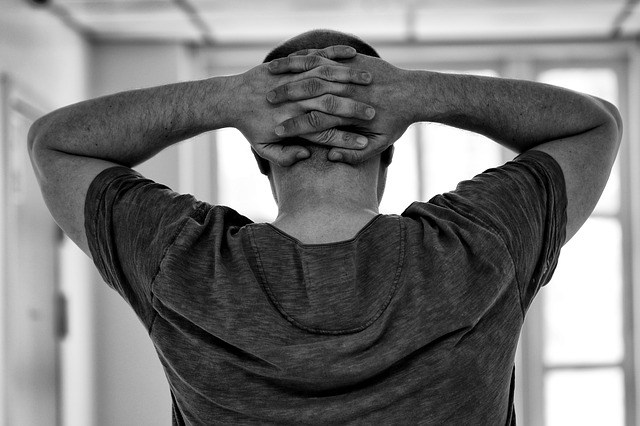Self-loathing is a problem, not a trend. Anorexia is an illness, not a life choice. Bulimia is a tragedy, not an option. There is nothing beautiful about harming yourself. And then after all this they conveniently say, to be misunderstood is one of the worst feelings.
Misunderstanding mental illness
In this day and age, mental illnesses are arguably an overly glorified phenomenon. So much so that people, perhaps unconsciously, have started to idolize them. As strange as it sounds, this misunderstanding is the unfortunate reality of our generation.
There is more to the romanticization of mental illness than what appears at face value. Take social anxiety, for example. This is an actual, certified psychological disorder, and yet despite this some people believe it is perfectly reasonable to label it as "cute". People who have to face life in spite of these impairments will tell you it's anything but cute. It is a vulnerability, not something to be labelled.
Society as a whole has become deluded with the notion that mental illnesses are somehow enchanting. The misrepresentation of mental disorders leads to the creation of a false image. People who manifest signs of severe mental illnesses are more often than not ashamed to speak out about it. They are quite often embarrassed by their mental health problems and yet, society continues to project their insecurities for all to see and romanticise their problems as though they are not challenging to live with. Ours is a generation lost in the realms of illusions and misconceptions.
Although one might not realise, anorexia, for example, is romanticised by many as a valid way to live life. Many people consider anorexics to be individuals with immense will power and self-control. Many people do not realise that this is not a way of life, but rather a terrible disease. Somehow, we have led ourselves to believe that anorexia (among other mental illnesses) is desirable, that it is not a disability but instead a captivating phenomenon. Ask a frail, almost diminished anorexic, and they will tell you without a shadow of a doubt that it is anything but that.
Social media
Social media is caught up in this ruthless and relentless fever. You will find distorted perceptions of mental illnesses everywhere on social media. Regardless of how different mental illnesses may be from each other, the bottom line is the same. Be it depression, schizophrenia, the concept is perpetual and consistent - on social media, there is no escaping from the glorification, beautification, and romanticisation of psychological illnesses.
It almost seems as though virtually everyone is caught in a race to try and prove that they are more depressed than the next person. It is almost as though, the more depressed you are, the more popular you will be. The question, then, arises, why do people indulge in exalting mental disorders? A simplistic yet perfectly plausible explanation is that we do fail to comprehend the impact of mental health disorders on those who genuinely suffer from them. A more cynical approach might be that to hide our insecurities, we tend to prey on the disabilities of others. For some people, it is not wild to suggest that they derive some sort of pleasure from this, which helps them to forget their short-comings, if only temporarily.
However, whatever the reason for this may be, it is clear that the romanticisation of mental illnesses is a very real menace and one that invariably has an astoundingly negative impact on the development of a patient suffering from psychological problems. There is no doubt that these individuals must be inevitably distressed and disturbed when they come across misinterpreted or flawed projections of their illnesses.
The world, together, as a whole, needs to put things into perspective and increase its efforts to continue to raise awareness about mental illnesses and the importance of taking care of your mental health, while at the same time, ending the glorification of mental illnesses.
Mahrukh Inayat Mirza


